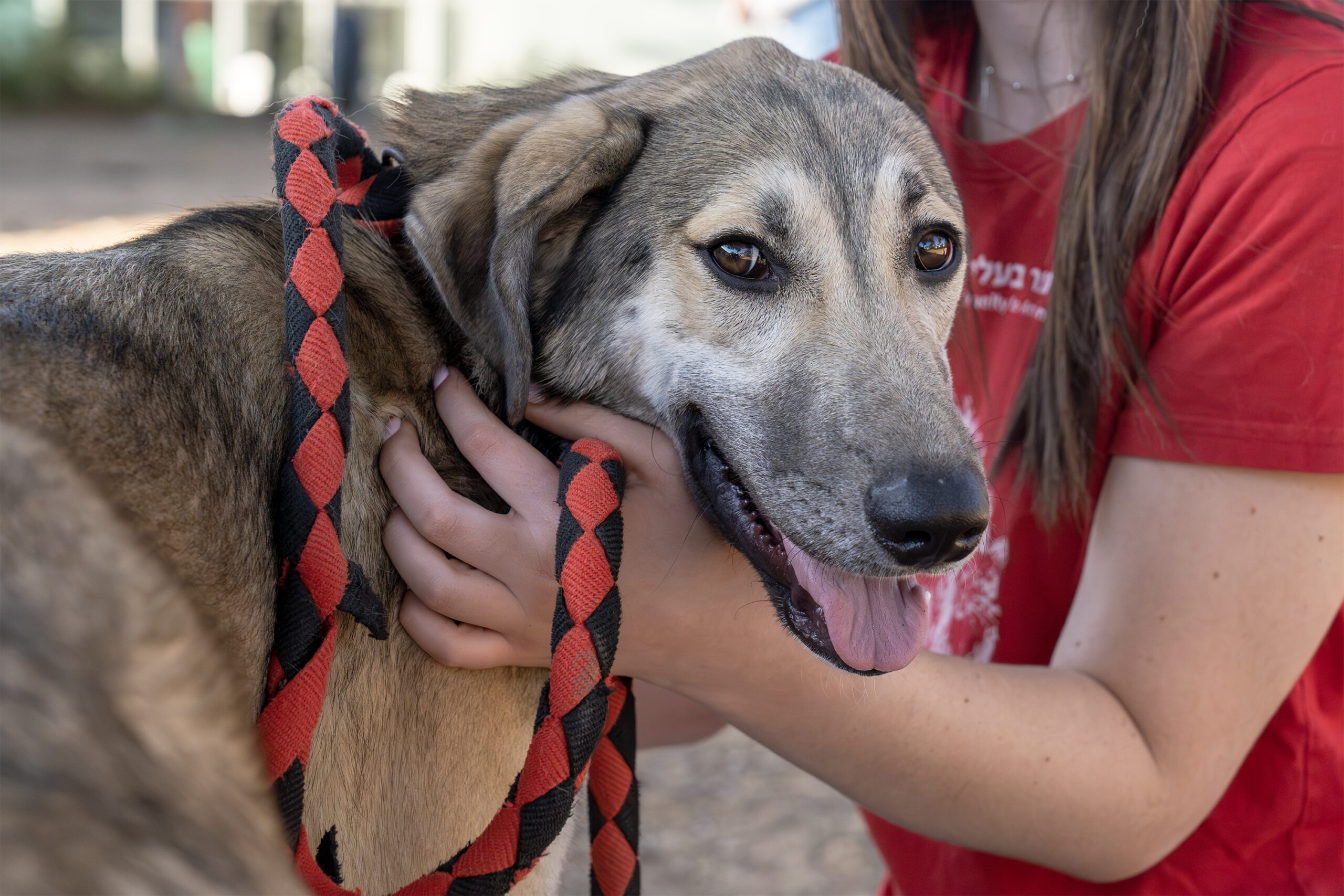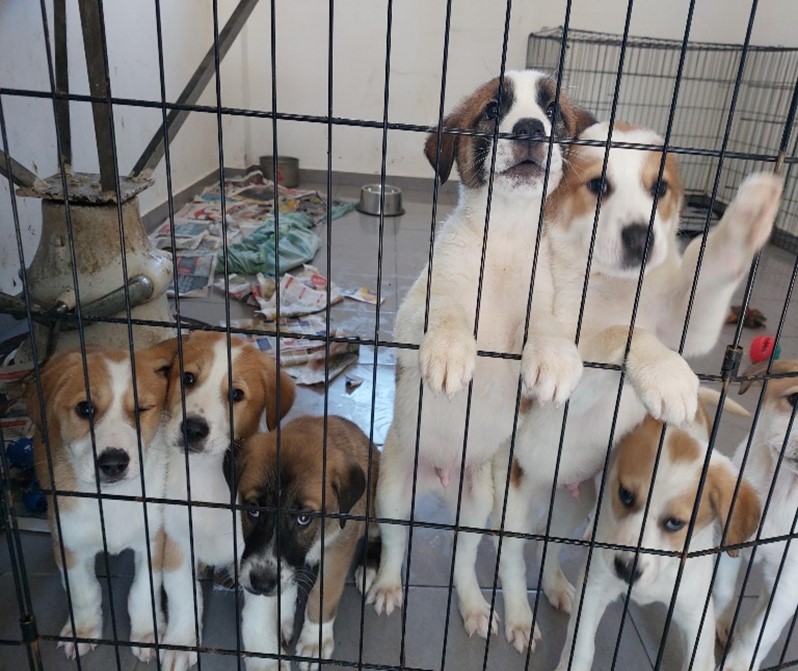- +97235136500
- info@spca.co.il
- 159 Herzl Street, Tel Aviv
- Operating Hours: Sun-Thu: 08:00-19:00, Fri: 08:00-15:00, Sat: Closed


If you love animals and are looking for a way to help, our dogs and cats are waiting for you!

Kitten saved from sewer is looking for a name and new owners

Before we buy a purebred dog, especially if it is imported from abroad, it is a good idea to know the difficult implications. Attorney Idan Abuhav writes about this painful phenomenon

Every donation, even the smallest, will help us to help them